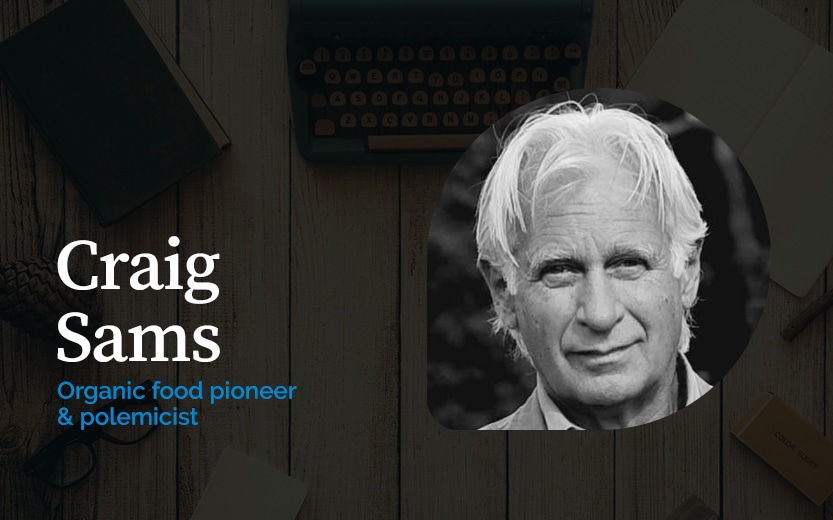Bio-fuel subsidies cost the US taxpayer $6 billion – for an end product that uses 70% more energy from fossil fuels to produce than it delivers. These bio-fools are killing us, warns Craig Sams
I spent mid-July in the withering heat of Nebraska and Iowa, in America’s Midwest. My grandchildren, who were on their first visit to the US to meet their farming relatives, were gobsmacked at the endless rows of corn, viewed from the train from Pittsburgh to Omaha. You have to travel overland in the US to appreciate the scale. It helps that Amtrak trains are so slow, lumbering along at a pace that barely exceeds that of the covered wagon my great-grandparents rode when they went west more than a century ago.
40% of US corn is planted in order to be burned for energy. The most efficient way would be mix it with coal and co-fire it in power plants. Instead it is expensively fermented, then distilled, then shipped to gasoline companies who are obliged by law to blend it at 15% with gasoline. The idea is that the US isn’t dependent on those pesky A-rabs for their energy supplies. Only of course they are. The Middle East not only continues to supply most of America’s oil, they now supply most of the nitrate fertiliser that grows the Midwest corn that gets converted into ethanol to reduce dependency on the troubled Middle East. You couldn’t make it up.
Professor David Pimentel has done the maths. Every gallon of ethanol costs $1.74 per gallon to produce (compared to $1.00/gallon for gasoline) and uses up 70% more energy from fossil fuels to produce than it delivers. The cost to the US taxpayer is $6 billion a year in ethanol subsidies. And all that corn that is burned up only supplies 1.3% of America’s gasoline supply.
Now global warming is coming to bite the whole thing firmly in the backside. The US, with 6% of the world’s population, emits 25% of its greenhouse gases. The corn crop is failing as a prolonged drought takes its toll. Never mind that Monsanto and the GM brigade have been promising drought-resistant crops for nearly 20 years. Throughout our journey we saw entire fields where the corn was yellow and shrivelled, not worth harvesting even for a few meagre ears. Many more, planted confidently in expectation of 200 bushels (5 tonnes) per acre are unlikely to yield even half that much. At the beginning of the year corn was priced at $4.80 a bushel, now it’s trading at over $8.
Cousin John in Nebraska, who raises hogs and buys in corn over and above what he can grow on 2000 acres, will have to pay more for his feed and will need to charge more for his hogs. Cousin Dan raises corn on 1800 acres for the local ethanol plant. The oil companies have to buy the ethanol, by law. All Dan has to do is get the crop in. Other farmers have sold their crops in advance when the price was up to $6 a bushel and will have to fulfil those contracts by buying corn in at $8 a bushel or will go bust. God is overwhelmed with prayers for rain. Keeping his religious options open, USDA Secretary Tom Vilsack said “I get on my knees every day and I’m saying an extra prayer right now,” Vilsack said. “If I had a rain prayer or a rain dance I could do, I would do it.”
The devastating combination of crazy legislation and global warming is reaching the end game. Pity the poor US farmers caught in the middle on this one, but what about the rest of the world? Earlier this year I met with Ashraf Hamouda of the World Food Programme. The price of grain is set in Chicago on the basis of US corn prices. This also sets grain prices worldwide. So farmers who are getting good crops everywhere (including the UK) are raking it in while people who have to buy food are wondering where they will get the money to feed their families. Millions will starve to death and the world’s climate will go on getting worse. All for a deluded subsidy scheme that benefits nobody.
 By Craig Sams
By Craig Sams
Organic food pioneer and polemicist
Craig Sams is Britain’s best known natural food pioneer. He is the founder of Green & Blacks, a former Soil Association chairman and the author of The Little Food Book.











